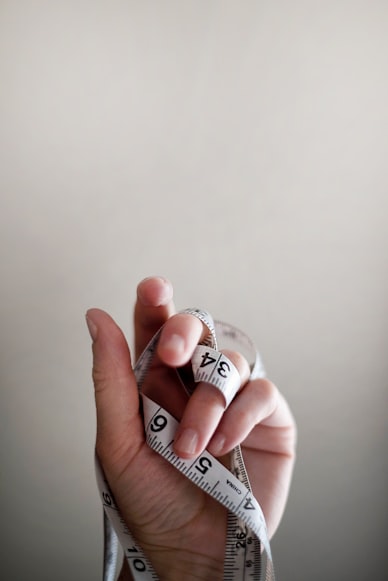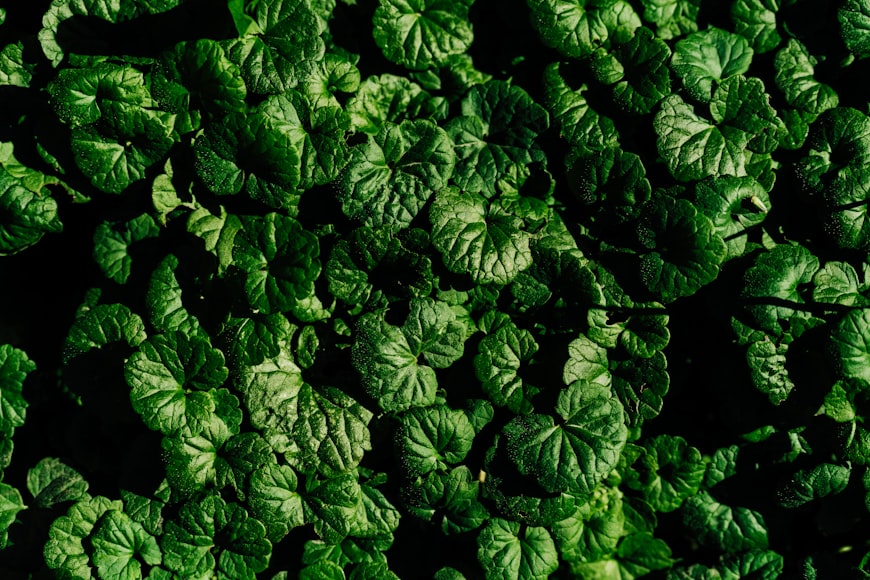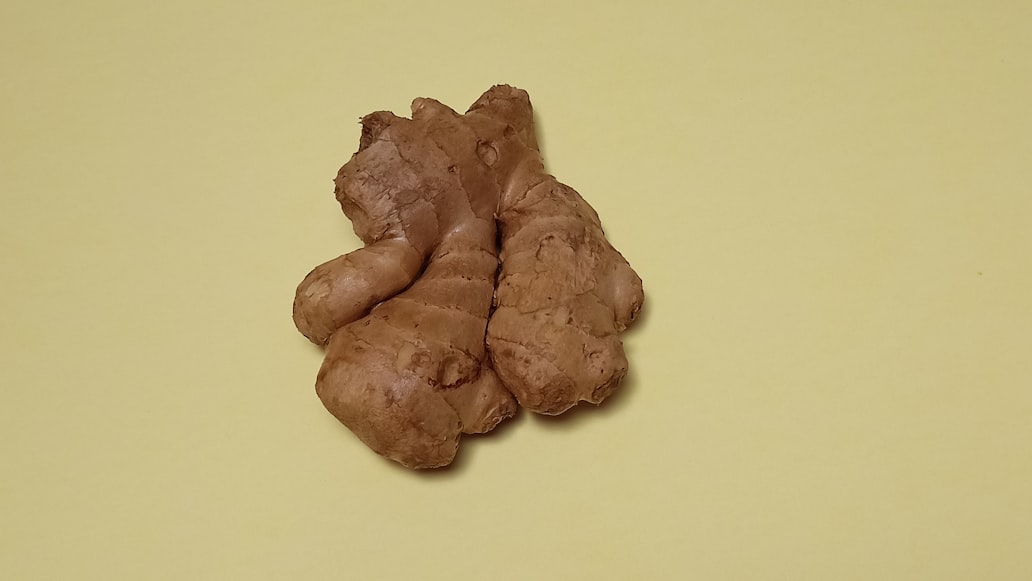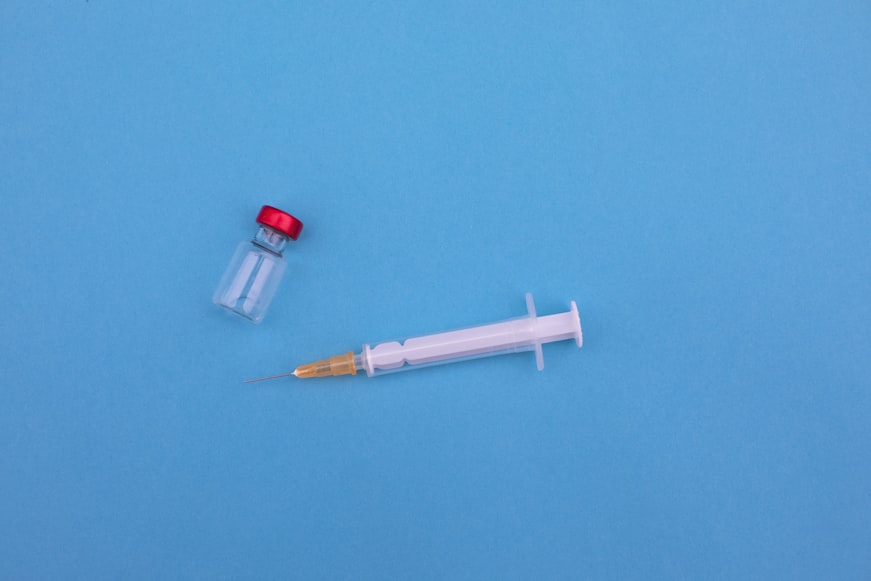Best Diet for Dogs with Liver Disease

Liver disease in dogs is a serious condition that requires proper management, including a tailored diet. The liver plays a crucial role in the body by performing various functions such as detoxification, metabolism, bile production, and blood clotting. When the liver is affected by disease, its ability to function properly is compromised, leading to various health issues. One of the key aspects of managing liver disease in dogs is providing a specialized diet to support liver health and minimize further damage.
Dietary Considerations for Dogs with Liver Disease:
- Low Protein: High protein diets can put additional strain on the liver, as it must work harder to metabolize protein. A moderate protein diet is recommended, with the ideal amount varying depending on the stage and severity of the liver disease.
- High-Quality Protein: The protein source should be of high quality, providing essential amino acids while minimizing the burden on the liver. Animal-based proteins, such as chicken, fish, and eggs, are generally recommended.
- Low Fat: Fat can be difficult to digest for dogs with liver disease, as their impaired liver may not produce enough bile for proper fat digestion. A low-fat diet helps reduce the risk of gastrointestinal upset and further liver damage.
- High Carbohydrates: Complex carbohydrates, such as brown rice, oatmeal, and sweet potato, provide sustained energy and minimize the need for protein breakdown, reducing the strain on the liver.
- Sodium Restriction: Excessive sodium intake can worsen fluid retention and ascites, which are common complications of liver disease. A low-sodium diet helps control fluid imbalance.
- Vitamins and Minerals: Dogs with liver disease may have difficulty absorbing and storing certain vitamins and minerals, making supplementation essential. Vitamin K, in particular, is crucial for blood clotting and liver function.
- Fiber: A moderate amount of fiber can help promote regular bowel movements and prevent constipation, which is common in dogs with liver disease.
Specific Dietary Recommendations:
- Hill’s Prescription Diet l/d: This is a commercially available prescription diet specifically formulated for dogs with liver disease. It provides a low protein and high-carbohydrate balance while meeting all other nutritional requirements.
- Royal Canin Hepatic: Another prescription diet option that offers a balanced blend of low protein, fat, and sodium.
- Home-Cooked Diet: With the guidance of a veterinarian or certified veterinary nutritionist, you can prepare a home-cooked diet that meets the specific dietary needs of your dog with liver disease.
Additional Tips:
- Avoid Table Scraps or Fatty Foods: These foods can upset the delicate balance of a prescribed diet and worsen the condition.
- Feed Small Meals Frequently: Divide the daily food intake into smaller, more frequent meals to reduce the workload on the liver.
- Monitor Your Dog’s Weight: Weight loss is common in dogs with liver disease, so regular monitoring is crucial.
- Consult a Veterinarian: Regular checkups and blood tests are essential to monitor liver function and adjust the diet accordingly.
Providing a tailored diet is an essential aspect of managing liver disease in dogs. By following these guidelines and consulting closely with your veterinarian, you can support your dog’s liver health and improve their overall well-being.
Introduction:

Introduction
Liver disease is a common health condition in dogs that can affect dogs of all ages and breeds. It can be caused by a variety of factors, including genetics, toxins, and infections. Liver disease can lead to a number of health problems, including reduced appetite, weight loss, vomiting, diarrhea, and jaundice. A proper diet is essential for managing liver disease in dogs.
Importance of a Proper Diet
A proper diet can help to support liver function and prevent further damage to the liver. It is important to feed a diet that is low in protein, fat, and carbohydrates. Protein is important for building and repairing tissues, but too much protein can put a strain on the liver. Fat is also important for energy, but too much fat can damage the liver. Carbohydrates provide energy, but too many carbohydrates can lead to weight gain, which can put further strain on the liver.
In addition to being low in protein, fat, and carbohydrates, a proper diet for dogs with liver disease should also be high in fiber. Fiber helps to move food through the digestive system and can help to prevent constipation. Constipation can lead to a number of health problems, including hemorrhoids and anal fissures.
What to Feed a Dog with Liver Disease
There are a number of different types of food that can be fed to dogs with liver disease. Some of the best options include:
- Prescription diets: There are a number of prescription diets that are specifically designed for dogs with liver disease. These diets are typically low in protein, fat, and carbohydrates, and they contain a high amount of fiber.
- Homemade diets: You can also make your own homemade diet for your dog with liver disease. Be sure to consult with your veterinarian before making any changes to your dog’s diet.
- Raw diets: Raw diets can be a good option for dogs with liver disease. Raw diets are typically high in protein and fat, but they can also be high in fiber. It is important to note that raw diets can be more difficult to digest than cooked diets, so it is important to start your dog on a raw diet gradually.
How to Feed a Dog with Liver Disease
It is important to feed your dog with liver disease small, frequent meals. This will help to reduce the workload on the liver. You should also avoid giving your dog treats that are high in protein, fat, or carbohydrates.
When to See a Veterinarian
If you think your dog may have liver disease, it is important to see a veterinarian as soon as possible. Liver disease can be a serious condition, and early diagnosis and treatment is important. Your veterinarian will be able to diagnose your dog’s liver disease and recommend the best diet for your dog.
Nutritional Requirements:

Liver disease in dogs can be a debilitating condition that requires a tailored diet to support liver function and promote overall well-being. Understanding the specific nutritional requirements of dogs with liver disease is crucial for providing the optimal diet that meets their unique needs.
Nutritional Requirements:
1. Protein:
- Moderate to high-quality protein: Dogs with liver disease need a moderate to high-quality protein diet to support liver regeneration and muscle maintenance. High-quality proteins are easily digestible and provide essential amino acids.
2. Carbohydrates:
- Easily digestible sources: Easily digestible carbohydrates, such as cooked rice, pasta, and sweet potato, provide energy without putting additional stress on the liver. Complex carbohydrates, like brown rice and oats, offer fiber for digestive health.
3. Fats:
- Low-fat content: A diet high in fat can burden the liver and interfere with its function. Dogs with liver disease should consume a low-fat diet to minimize strain on the liver.
Additional Considerations:
- Electrolyte balance: Liver disease can disrupt electrolyte balance, so it’s important to ensure adequate intake of sodium, potassium, and chloride.
- Antioxidant supplementation: Antioxidants, such as vitamin E and selenium, can help protect liver cells from oxidative damage.
- Avoid certain foods: High-fat foods, dairy products, and table scraps should be avoided as they can worsen liver disease.
- Hydration: Dogs with liver disease may drink more water than usual, so it’s essential to provide plenty of fresh water at all times.
Recommended Foods:
- Homemade diets specifically formulated for dogs with liver disease
- Veterinary-prescribed commercial diets designed for liver support
- Cooked chicken or fish with brown rice and vegetables
- Plain yogurt (in moderation)
Monitoring and Follow-up:
Regular veterinary monitoring is essential for dogs with liver disease. Your veterinarian will assess the dog’s condition, monitor liver function tests, and adjust the diet accordingly. Timely follow-up and dietary modifications are crucial for managing liver disease and improving the dog’s overall health.
By adhering to the specific nutritional requirements outlined above, you can provide a diet that supports your dog’s liver health, promotes well-being, and enhances their quality of life.
Specific Foods:

Liver disease in dogs is a serious condition that requires a specific diet to manage and support liver function. Here’s a guide to the best diet for dogs with liver disease, including specific foods to include and avoid.
Specific Foods:
1. Lean Meats:
- Chicken (skinless and boneless)
- Fish (such as salmon, tuna, mackerel)
Meat provides protein, which is essential for cell repair and recovery. Low-fat meats like chicken and fish help reduce strain on the liver while providing the necessary nutrients.
2. Cottage Cheese:
Cottage cheese is a low-fat, high-protein dairy product that is gentle on the liver. It provides protein and calcium without overloading the liver with fats.
3. Oatmeal:
Oatmeal is a soluble fiber that helps regulate digestion and can reduce the absorption of toxins in the digestive tract. It also provides energy and helps maintain a healthy weight.
4. White Rice:
White rice is a low-fiber carbohydrate that is easily digestible and provides energy. It can be used as a filler to make meals more satisfying.
Foods to Avoid:
- Fatty meats (e.g., pork, beef)
- Processed meats (e.g., hot dogs, sausages)
- Dairy products (except cottage cheese)
- High-fat foods (e.g., butter, margarine)
- Sweet foods (e.g., candy, fruits with high sugar content)
- Foods high in sodium or preservatives
Fatty foods, processed meats, and dairy products can overload the liver with fat and toxins. Sweet foods and high-sodium foods can also be detrimental to liver function.
Additional Considerations:
- Frequency: Feed your dog small, frequent meals to reduce strain on the liver.
- Hydration: Ensure your dog has access to plenty of fresh water to support liver function.
- Supplements: Consult with your veterinarian about any supplements or medications that may be necessary to support liver health.
- Monitoring: Monitor your dog’s appetite, weight, and behavior closely. Seek veterinary attention if you notice any changes or worsening of symptoms.
Remember that the best diet for a dog with liver disease is tailored to the individual dog’s needs. Consult with your veterinarian to determine the most appropriate diet plan and monitor your dog’s progress regularly. By following these guidelines, you can provide your dog with the best possible support for their liver health and well-being.
Foods to Avoid:

Dogs with liver disease require a carefully tailored diet to manage their condition and support their overall health. Certain types of foods can be harmful to dogs with liver problems, and it is essential to eliminate these from their diet.
Foods to Avoid:
- High-Fat Foods:
Dogs with liver disease should avoid foods high in fat, as excessive fat intake can overburden the liver and interfere with its normal function. Foods to avoid include: - Fatty meats (e.g., bacon, sausage, ham)
- Fatty dairy products (e.g., whole milk, cream, butter)
- Fried foods
-
Fatty treats
-
Processed Foods:
Processed foods are often high in unhealthy fats, preservatives, and artificial ingredients that can be harmful to dogs with liver disease. It is best to stick to unprocessed, whole foods. Avoid: - Processed meats (e.g., hot dogs, lunch meats)
- Commercial dog food with artificial additives
-
Processed snacks (e.g., chips, crackers)
-
Foods Containing Harmful Toxins:
Certain foods can contain toxins that can damage the liver. These include: - Mushrooms
- Avocado
- Onions
- Garlic
-
Macadamia nuts
-
Sugary Foods:
Foods high in sugar can contribute to inflammation and interfere with liver function. Avoid: - Excessive amounts of fruit
- Sweet treats
-
Sugary drinks
-
Fermented Foods:
Fermented foods, such as cheese and yogurt, can produce toxins that can put a strain on the liver. While small amounts may be okay, it is best to limit their consumption.
Additional Considerations:
- Consult with a Veterinarian: It is essential to consult with your veterinarian to determine the best diet for your dog’s individual needs. They can provide specific recommendations based on the severity of your dog’s liver disease and any other underlying health conditions.
- Monitor Your Dog’s Intake: Monitor your dog’s food intake closely. Dogs with liver disease may have reduced appetites, so it is important to ensure they are getting enough nutrients.
- Provide High-Quality Proteins: Dogs with liver disease need a high-quality source of protein to support their muscle mass and vital organs. Choose lean meats, such as chicken, fish, or tofu.
- Offer Low-Fat Dairy Products: In moderation, low-fat dairy products, such as cottage cheese or plain yogurt, can provide necessary nutrients without overloading the liver with fat.
By following these dietary guidelines and working closely with your veterinarian, you can help manage your dog’s liver disease and improve their overall quality of life.
Supplements:
Liver disease is a common health condition in dogs, and finding the right diet to support their health is crucial. In addition to a balanced and nutritious diet, certain supplements can provide additional benefits and support liver function. Here are three key supplements recommended for dogs with liver disease:
1. Antioxidants
Antioxidants, such as vitamin E, help protect the liver cells from damage caused by free radicals. Free radicals are unstable molecules that can attack and damage healthy cells, contributing to liver disease progression. Vitamin E supplements can help neutralize free radicals and reduce liver inflammation.
2. SAMe (S-adenosylmethionine)
SAMe is a naturally occurring compound that plays a role in liver detoxification and regeneration. It helps support liver function by improving bile flow, reducing inflammation, and promoting cell repair. SAMe supplements can be beneficial for dogs with liver disease by enhancing liver function and reducing its workload.
3. Curcumin
Curcumin, a compound found in turmeric, has anti-inflammatory and antioxidant properties. It has been shown to protect liver cells from damage, improve liver function, and reduce fibrosis (scarring). Curcumin supplements may be helpful in managing liver disease by minimizing inflammation and promoting liver health.
Dosage and Administration
The appropriate dosage and administration of these supplements should be determined by a veterinarian. They will consider your dog’s age, weight, overall health, and the severity of their liver disease. Supplements should be given as directed by your veterinarian and should not be used as a substitute for a proper diet and veterinary care.
Other Considerations
In addition to supplements, it’s important to feed your dog a diet that is low in protein and fat, as these can be difficult for the liver to process. A high-fiber diet can also help support liver function by promoting bile flow and detoxification. It’s essential to consult with your veterinarian regularly to monitor your dog’s liver function and adjust their diet and supplements accordingly.
By incorporating these supplements into your dog’s diet, you can provide additional support for their liver health and help them live a more comfortable and fulfilling life. Remember to always consult with your veterinarian for personalized advice and to ensure that these supplements are safe and appropriate for your dog’s specific needs.
Feeding Frequency and Portion Size:
Introduction
Liver disease is a prevalent health concern among dogs, and dietary management plays a crucial role in supporting their well-being. A balanced and appropriate diet can help manage liver function, minimize symptoms, and improve the overall quality of life for affected dogs.
Best Diet for Dogs with Liver Disease
The optimal diet for dogs with liver disease should prioritize the following nutrients and considerations:
- High-quality protein: Dogs need adequate protein to support their liver function and muscle mass. Choose lean sources such as chicken, turkey, or fish.
- Low copper: Copper is toxic to the liver and should be restricted in the diet. Avoid foods high in copper, such as liver, organ meats, and certain vegetables like spinach.
- Moderate fat: Fat is essential for energy metabolism, but dogs with liver disease may have difficulty digesting excess fat. Opt for moderate fat content in the diet.
- Low sodium: Sodium can contribute to fluid retention, which is common in dogs with liver disease. Choose foods low in sodium.
- High fiber: Fiber helps regulate the digestive system and can reduce the absorption of toxins in the intestines.
- Plenty of water: Hydration is vital for dogs with liver disease to flush out toxins and support liver function.
Feeding Frequency and Portion Size
- Frequent, small meals: Divide your dog’s daily food intake into several small meals throughout the day. This helps prevent overloading the liver and aids digestion.
- Avoid overfeeding: It’s crucial to monitor your dog’s weight and ensure they are not overeating. Overfeeding can strain the liver and worsen the disease.
Recommended Food Sources
- Prescription liver diets: Veterinary-prescribed liver diets are formulated to meet the specific nutritional needs of dogs with liver disease. These diets are low in copper, sodium, and fat, while providing high-quality protein and fiber.
- Homemade liver diets: With veterinary guidance, you can prepare homemade liver diets that adhere to the dietary guidelines mentioned above. Avoid using liver or organ meats due to their high copper content.
Monitoring and Follow-Up
It’s essential to closely monitor your dog’s response to the new diet and make adjustments as needed. Regular veterinary check-ups are crucial to assess liver function, monitor weight, and adjust the diet accordingly.
Conclusion
Providing the best diet for dogs with liver disease is vital for their health and well-being. By adhering to the dietary recommendations outlined above, you can support your dog’s liver function, manage symptoms, and improve their overall quality of life. Remember to consult with your veterinarian regularly to ensure the diet remains appropriate and effective.
Water Intake:
Liver disease in dogs can significantly impact their hydration levels and overall health. Therefore, ensuring adequate water intake is essential in managing this condition.
Why is Water Intake Important for Dogs with Liver Disease?
- Reduced Water Intake: Liver disease can impair the liver’s ability to filter toxins from the blood, leading to decreased water intake.
- Dehydration: Dehydration can further stress the liver, exacerbating the symptoms of liver disease.
- Electrolyte Imbalances: Water loss can also lead to electrolyte imbalances, which can have serious consequences for a dog’s health.
Providing Plenty of Fresh Water
To address this issue, it is imperative to provide your dog with constant access to fresh, clean water. Place water bowls in multiple locations throughout the house and ensure they are always filled.
Encourage Hydration
In addition to providing water, you can also encourage your dog to drink more by:
- Adding water to their food: Mix warm water into their meals to increase moisture content.
- Using chicken or beef broth: These broths provide flavor and electrolytes that can entice your dog to drink more.
- Offering ice cubes: Some dogs enjoy chewing on ice cubes, which can also help increase their water intake.
Signs of Dehydration
Monitor your dog closely for signs of dehydration, such as:
- Lethargy
- Dry mouth and gums
- Sunken eyes
- Reduced urine output
If you suspect your dog may be dehydrated, seek veterinary attention immediately. Dehydration can become life-threatening if left untreated.
Conclusion
Water intake is a vital aspect of managing liver disease in dogs. By providing plenty of fresh water and encouraging hydration, you can help support your dog’s liver function, prevent dehydration, and improve their overall health. Remember to consult with your veterinarian for personalized advice on the best way to manage your dog’s water intake and overall diet.
Monitoring and Adjustments:
As your beloved companion navigates the challenges of liver disease, it’s crucial to closely monitor their health and adjust the diet accordingly. Here’s a comprehensive guide to help you keep track and make necessary modifications under veterinary guidance:
Monitor Dog’s Weight, Appetite, and Overall Condition
- Weight: Monitor your dog’s weight regularly to ensure they are maintaining a healthy body condition. Sudden weight loss or gain can indicate progression of liver disease.
- Appetite: Pay attention to your dog’s appetite. Decreased appetite or reluctance to eat may signify discomfort or a worsening condition. Conversely, increased appetite may indicate increased metabolic needs.
- Overall condition: Observe your dog’s overall behavior, energy levels, and urine and stool output. Changes in any of these areas may suggest adjustments to the diet are necessary.
Adjust the Diet as Needed under Veterinary Guidance
Based on the monitoring observations, your veterinarian may recommend adjustments to the diet, such as:
- Calorie content: Increase or decrease calories to maintain a healthy weight.
- Protein intake: Adjust protein levels to support liver function while minimizing ammonia production.
- Fat content: Reduce fat intake to minimize liver stress and inflammation.
- Sodium restriction: Limit sodium intake to support kidney function, which is often affected by liver disease.
- Vitamin and mineral supplementation: Ensure adequate levels of vitamins and minerals to support overall health and compensate for potential deficiencies.
Monitoring and adjustments are essential to optimize your dog’s health and well-being while managing liver disease. Always consult with your veterinarian for personalized guidance and regular check-ups to ensure the best care for your furry companion.




















